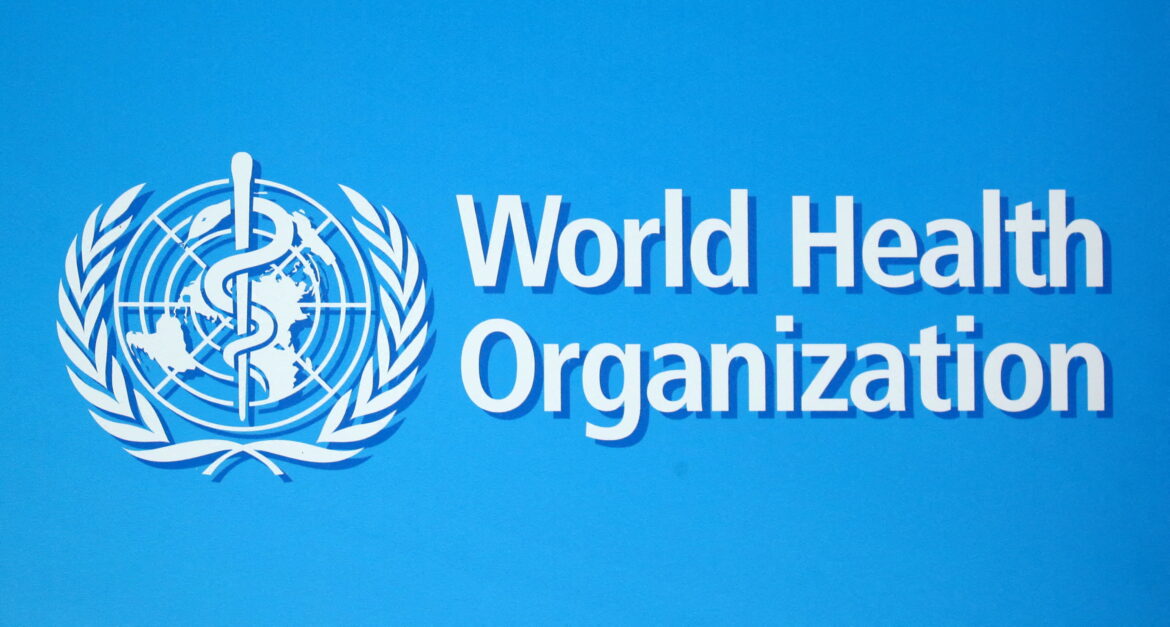By Muhammad Amaan
As the 2024 World Health Day is commemorated today, the World Health Organisation (WHO) has urged countries to expand equitable access to quality health services, invest in health care, and tackle discrimination and intolerance against any region, gender or age.
The WHO made this appeal in a statement ahead of today’s celebrations themed, ‘My health, my right,’ which is tied around the campaign to champion the right to health for everyone, everywhere.
The campaign is in line with the United Nations Sustainable Development Goal (SDG) 3, aimed at promoting well-being for all ages.
The WHD is marked annually on April 7, to create awareness and draw attention to specific public health topics that concern people worldwide.
According to the WHO, the campaign also advocates universal access to quality health services, education, safe drinking water, clean air, good nutrition, quality housing, decent working and environmental conditions, and freedom from discrimination.
It noted that all around the world, the core challenges consistently compromising the right to health are political inaction, coupled with a lack of accountability and funding, intolerance and stigma.
The WHO noted that the population that faces marginalisation or vulnerability suffers the most are the people who live in poverty displaced people who live with disabilities and the elderly.
The Director-General, WHO, Dr Tedros Ghebreyesus, said realising the right to health requires governments to pass and implement laws, invest, address discrimination and be held accountable by their populations.
He added, “WHO is working with governments, partners and communities to ensure the highest attainable standard of health, as a fundamental right for all people, everywhere.”
Ghebreyesus said while inaction and injustice are the major drivers of the global failure to deliver on the right to health, current crises are leading to, especially egregious violations of this right, saying that conflicts leave trails of devastation, mental and physical distress and death.
“The burning of fossil fuels is simultaneously driving the climate crisis and violating our right to breathe clean air. The climate crisis is in turn causing extreme weather events that threaten health and well-being across the planet and strain access to services to meet basic needs,” he stated.
WHO called on governments to make meaningful investments to scale up primary health care, ensure transparency and accountability, and to meaningfully involve individuals and communities in decision-making around health.
According to the global health body, the campaign includes recognising the interdependence between the right to health and other fundamental rights calls to action on finance, agriculture, environment, justice, transport, labour and social affairs.
According to the WHO, individuals, communities and civil society have long defended their right to health and improving access to health care services by breaking down barriers and advocating for equity.
The UN health agency added, “WHO, therefore, urges the public to know, protect and promote their health rights, including those related to safe and quality care, zero discrimination, privacy and confidentiality, information, bodily autonomy, and decision-making.
“Everyone deserves access to quality, timely and appropriate health services, without being subjected to discrimination or financial hardship. Yet, in 2021, 4.5 billion people, more than half of the world’s population, were not covered by essential health services, leaving them vulnerable to diseases and disasters.
“Even those who do access care often suffer economically for it, with about two billion people facing financial hardship due to health costs, a situation that has been worsening for two decades.
“To expand coverage, an additional US$ 200-328 billion a year is needed globally to scale up primary health care in low- and middle-income countries (i.e. 3.3% of national forecast GDP).”




